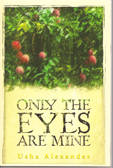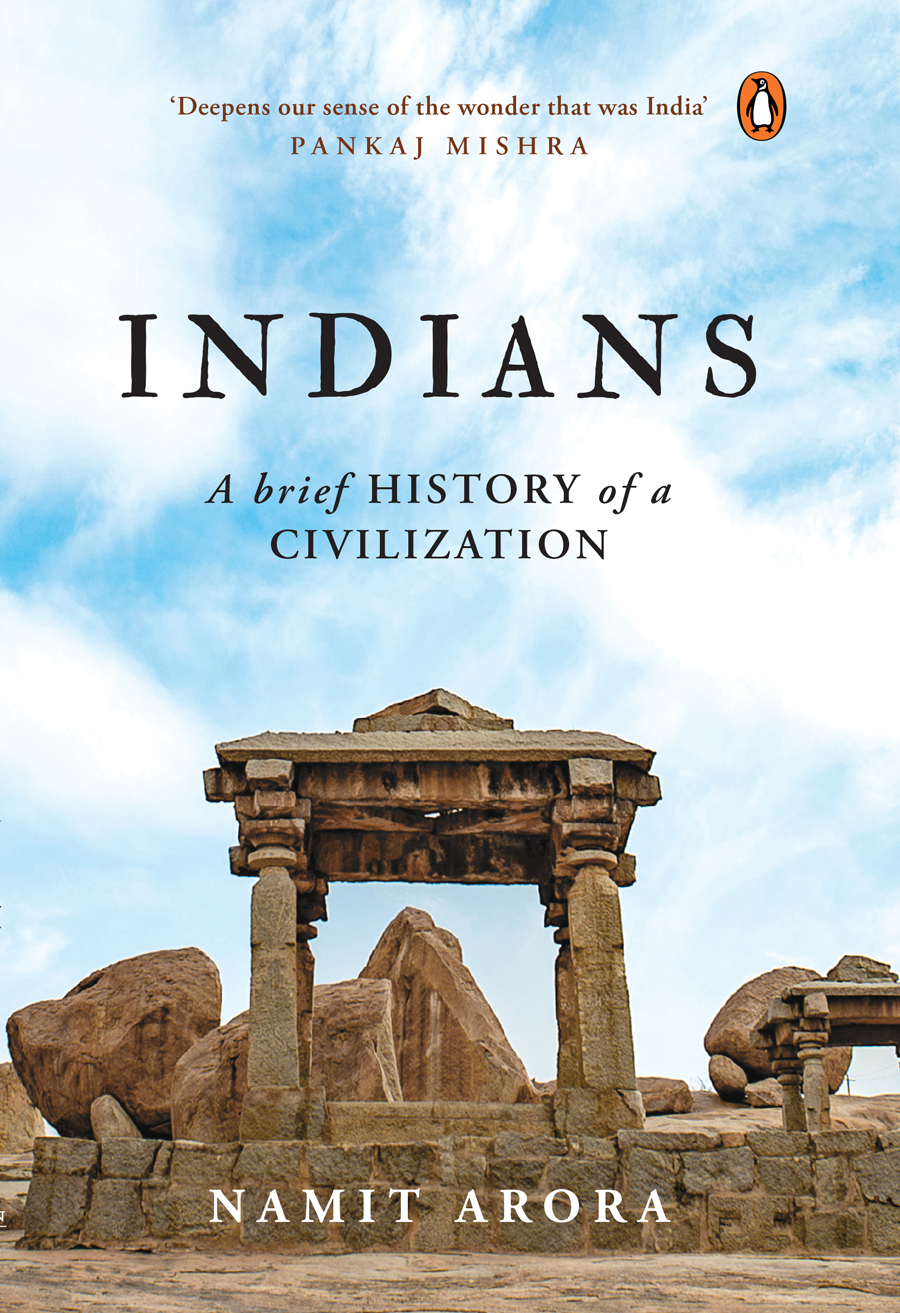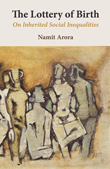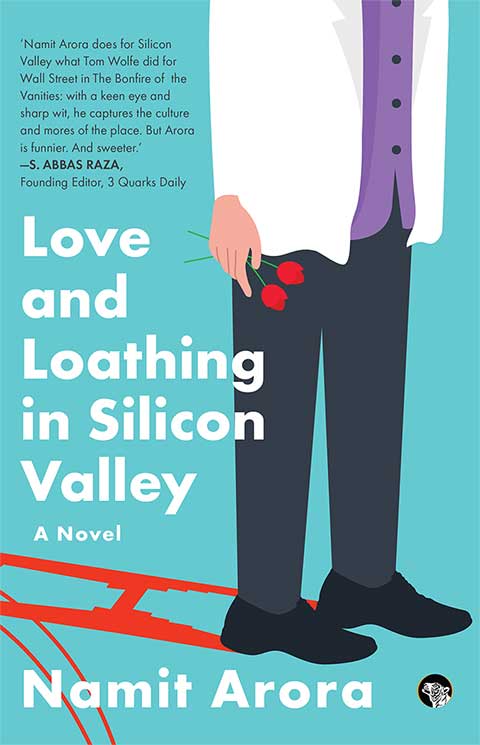| Index of articles from the Blog |
| Animals |
| Anthropology & Archaeology |
| Art & Cinema |
| Biography |
| Books & Authors |
| Culture |
| Economics |
| Environment |
| Fiction & Poetry |
| History |
| Humor |
| Justice |
| Philosophy |
| Photography |
| Politics |
| Religion |
| Science |
| Travel |
Books by
Books by
|
This Way for the Gas, Ladies & Gentlemen: A Review
By Usha Alexander | Jun 2008 | Comments
|
Tadeusz Borowski was 21 years old when he was deported to the cluster of concentration camps in southern Poland, collectively known as Auschwitz, in 1943. His fiancée had mysteriously disappeared one night; when he went to look for her, he was befallen by her same fate: entrapment by the Nazis, and arrest and deportment for participation in the Polish resistance. Until that night, young Borowski had been a student of literature in the underground university of Warsaw. Since it was the Nazi intention to enslave the Poles, secondary school and university were forbidden to them during the occupation. Still, thousands risked death and deportation, meeting in small groups in private homes in order to pursue their studies. (This was a system revived from an earlier time, as similar restrictions had been resisted by Poles under the Russian occupation some decades earlier, when Marie Curie had studied in the underground "Floating University" of Warsaw). Borowski had started to write early, publishing his dark poetry through the underground press during his student days. While at Auschwitz, he wrote lengthy letters to his fiancée in the women's camp, and immediately after the war he wrote several devastatingly stark short stories recalling his life in the camps. A selection of these letters and stories have been published and translated in a small volume with the English title This Way for the Gas, Ladies and Gentlemen (although his story by that name doesn't appear in the collection). Having survived two years, mostly as a high-level prisoner, in a place where surreal violence and suffering were normalized and experienced as mundane, Borowski's first-person stories are characterized by a brutal acknowledgment of the fact that such extremes of acceptance, of behavior, are, indeed, humanly possible. The penetrating honesty and deep compassion of his writing confronts the reader surprisingly, a mixture of darkness and wonder that opens more questions than it settles on the nature of the human beast and gives a more textured evocation of life in a Nazi concentration camp than any I've read before. While working in a position of relative comfort as an orderly in the medical facility at Auschwitz, where prisoners are healed or used for experimentation, where infants' corpses are cataloged, he writes to his lover in the women's camp at Auschwitz-Birkenau about the normalcy of the absurd, the daily goings on around him. These letters constitute the heart of this collection. In them, as in his stories, he writes about death, about the lines of prisoners headed for the gas chambers, about other murders and tortures inflicted by prisoners or guards; he writes about love, about his dreams for the future, about the emptiness that encroaches upon them all. He writes about the exhilaration of a prisoner boxing match, the pleasure of listening to the prisoner symphony orchestra, the greedy desire of the men prisoners for the women of the "Puff," the camp brothel where women prisoners are both pimped and privileged by the camp authorities. He writes as a slave:
He writes as a jailer:
As the Russians descended upon Auschwitz in 1944, Borowski was evacuated to Germany, along with all other prisoners who could walk. He ended up at Dachau and was finally liberated in May of 1945. After the war, Borowski remained in Germany as a displaced person, writing and publishing his first stories about life at Auschwitz, and searching frantically for his fiancée, eventually learning that she'd been evacuated from Birkenau by the Red Cross and was living in Sweden. They were not reunited until both returned to Poland in 1946, a decision they—especially she—resisted because their country was now under Communist rule. But the young survivors eventually married; Borowski continued to write about his experiences in the camp and as a displaced person. Though his writing was considered "amoral" and "nihilistic" by the new authorities, the Communist party also recognized Borowski as a great literary talent. They embraced him and promoted his career. Borowski joined the Communist party in 1948. But as his entanglements with the party grew darker, it's said his writing became stifled and strained, as though he grew increasingly morally confounded. In 1951, three days after his wife gave birth to their daughter, Borowski visited her in the hospital and then went home and opened a gas valve. It was his third attempt at suicide, and this time he was successful. He was not yet 30 years old. |
Designed in collaboration with Vitalect, Inc. All rights reserved. |
|













